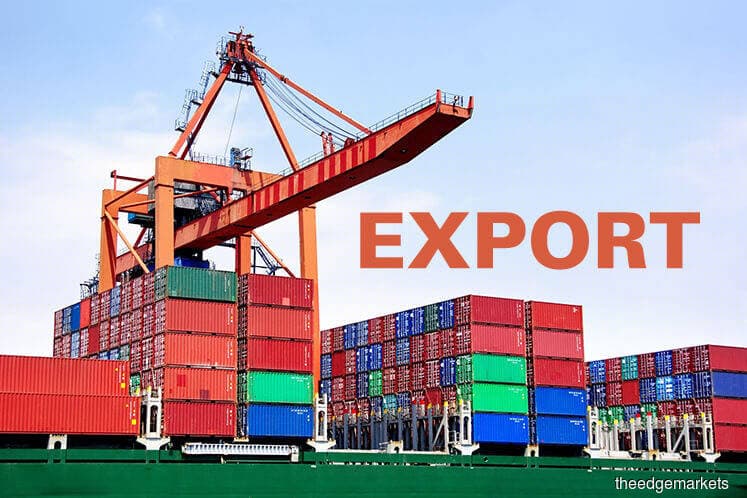
This article first appeared in The Edge Financial Daily on October 4, 2019
KUALA LUMPUR: Malaysia’s export and import growth performance is expected to remain sluggish at 0.1% and 6.4% respectively in August, in the face of subdued global trade and industrial performance, said RAM Rating Services Bhd.
This will translate to a narrower overall trade surplus of RM6.5 billion, it said in a statement yesterday.
Meanwhile, it said the Regional Comprehensive Economic Partnership (RCEP) — a regional trade agreement which Malaysia is a part of — is slated to conclude negotiations by year end.
“Malaysia already has existing trade agreements with participating RCEP members in one form or another. As such, the main incentive of being part of this trade pact lies in the potential to de-tangle the “spaghetti bowl” effect of these existing overlapping free trade agreements, by standardising rules and procedures among its members. With a more uniform set of rules for this trade deal, trade flows can be further enhanced beyond any tariff tweaks that may be introduced,” said RAM’s head of research Kristina Fong.
And given that Malaysia has existing trade agreements with RCEP member nations, concerns about threats to domestic firms’ competitiveness due to potentially lower import tariffs under this new trade agreement should be alleviated, RAM said, as under the present agreements, Malaysia’s import tariffs are already at or near zero, thus limiting significant import-substitution effects.
Among the RCEP members, RAM said Malaysia’s trade patterns with India hold the greatest potential for change.
This is because Malaysia’s average tariffs on India (under the Malaysia-India Comprehensive Economic Cooperation Agreement) are the highest relative to those imposed on other RCEP members (under their respective trade agreements).
“In particular, the stone and glass, and metal industries are more likely to face heightened competition given the comparatively high tariff currently imposed, together with India’s significant revealed comparative advantage measures for these sectors. That said, the extent of any import substitution will still boil down to the cost effectiveness of this switch and the finalised tariff structure under the RCEP,” it added.